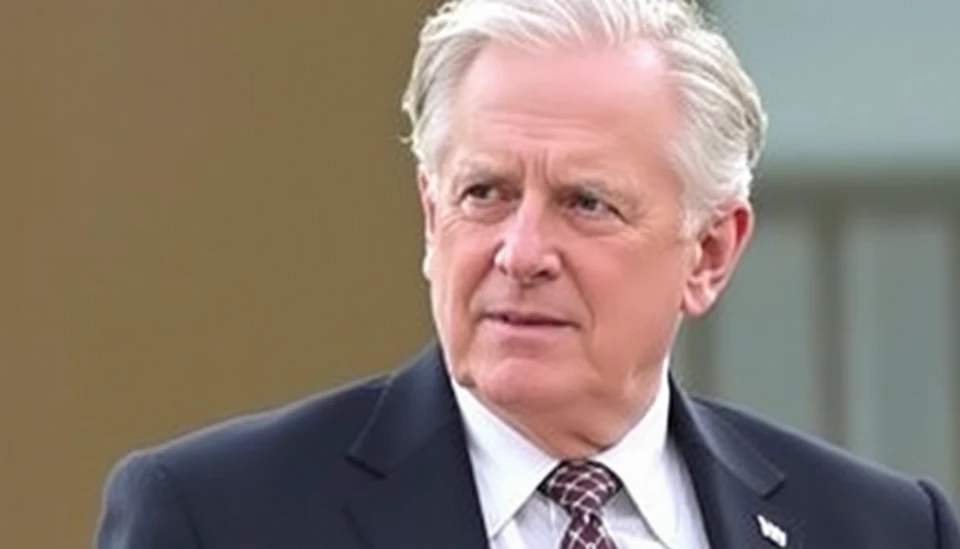
In a significant development in the investment landscape, Howard Hughes Corp. has formally turned down a buyout proposal from well-known billionaire investor Bill Ackman. The rejection of the bid has sent ripples through the market, suggesting that the real estate development company is not currently entertaining sell-off options.
Ackman, who is renowned for his aggressive investment tactics, suggested a buyout that was deemed "not acceptable" by the board of Howard Hughes Corp. This decision came following a thorough evaluation of the offer. The specifics of Ackman's proposal were not disclosed publicly, leaving investors eager to decipher what this could mean for the company moving forward.
The rejection is particularly intriguing as it aligns with ongoing trends in the real estate market where firms are looking to hold onto their assets amid fluctuating economic conditions. Howard Hughes Corp., known for its diverse portfolio that includes master-planned communities and mixed-use properties, seems to be prioritizing long-term growth over a quick financial gain from a sale.
Furthermore, Ackman’s interests illustrate the tactics employed by prominent investors in identifying undervalued assets. However, Howard Hughes Corp. is demonstrating its confidence in future performance, which could galvanize its shareholders and potentially attract other investment opportunities that align with its business objectives.
This situation raises questions about the future strategies of both the company and Ackman. While Ackman's history of turnarounds in companies speaks volumes, Howard Hughes appears committed to navigating its own course without succumbing to external pressure.
As the market continues to watch this situation unfold, analysts anticipate potential repercussions for Howard Hughes's stock performance and investor sentiment overall. Stakeholders will be keenly observing how the company will leverage this opportunity to strengthen its market position without the influence of an activist investor.
Ultimately, the dynamics of this negotiation reflect broader themes in the corporate world, where the balance between aggressive investment strategies and long-term growth plans is often tested. Howard Hughes's rejection is a testament to its strategy of prioritizing stability and growth over immediate offers, shedding light on the intricate relationship between corporate governance and shareholder interests.
Investors and analysts alike will remain vigilant in the coming weeks as the implications of this decision may redefine Howard Hughes's market trajectory as well as Ackman’s future investment pursuits.
In conclusion, Howard Hughes's firm stance against Ackman's buyout offer could signal a new chapter for the company as it pursues its own growth narrative without outside influence. As the market responds, stakeholders will undoubtedly keep a close watch on the evolving dynamics between the company's leadership and its commitment to navigating the lucrative, yet challenging real estate sector.
#HowardHughes #Ackman #BuyoutOffer #RealEstate #InvestmentNews #CorporateStrategy #MarketTrends #InvestorSentiment
Author: Samuel Brooks
